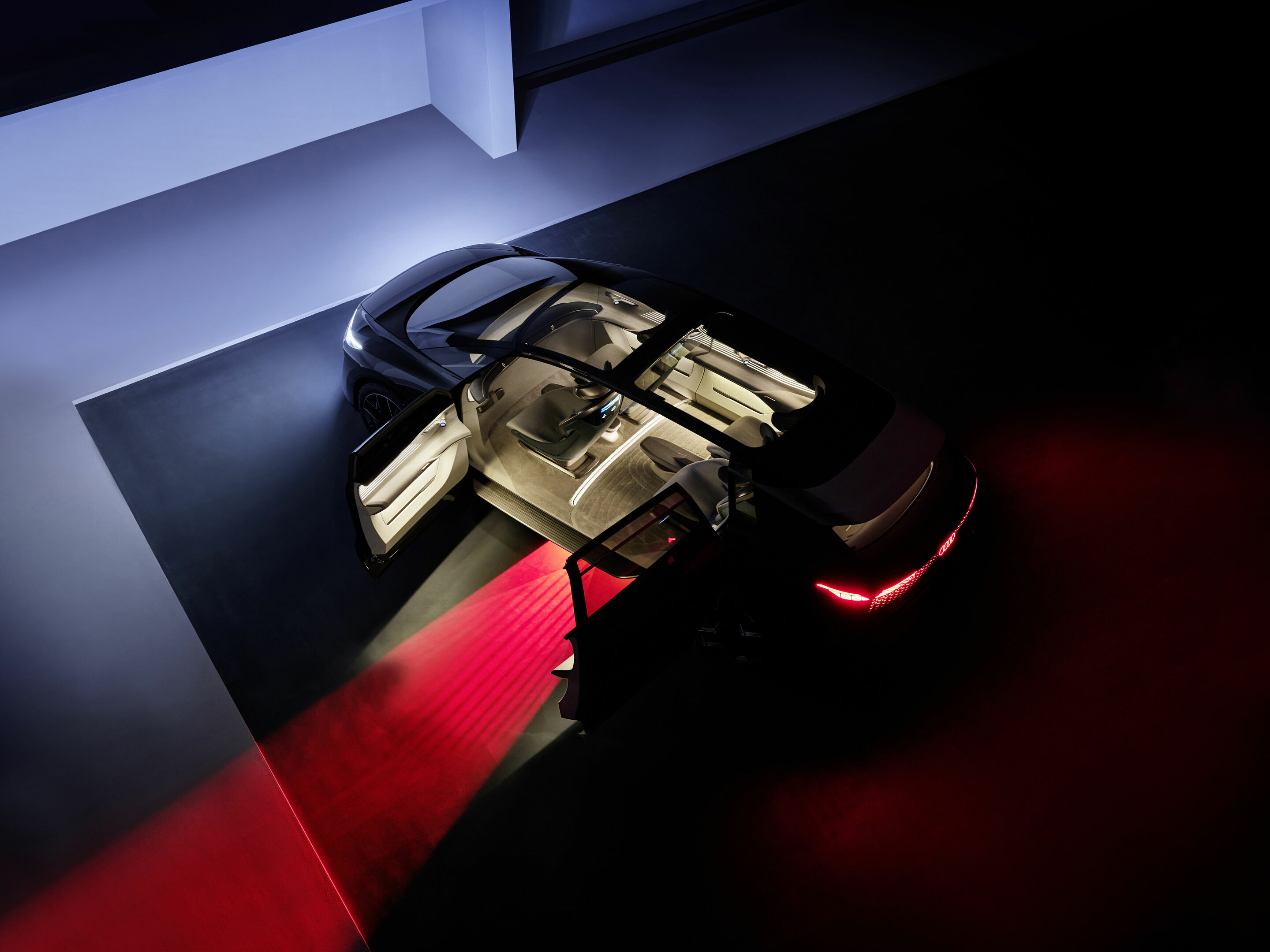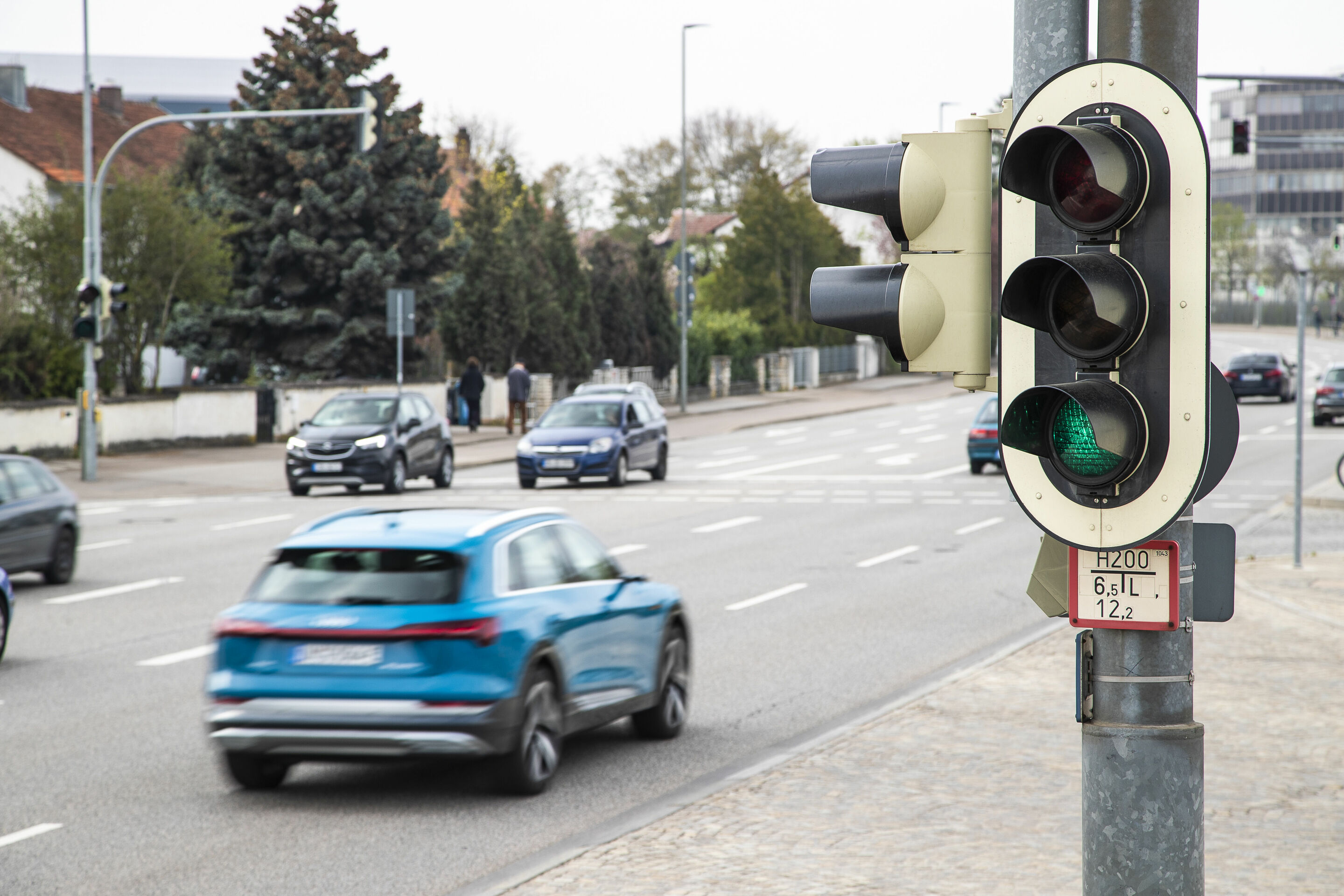Search
All results
(378)
MediaInfos
(138)
News
(1)
BasicInfos
(5)
Press kits
(2)
Images
(52)
Videos
(4)
Publications
(16)
 TechDay Digital Light
TechDay Digital Light
“Lighting technology and lighting design have been success factors for our brand for decades, becoming a key area for Audi. This has allowed us to continue setting new benchmarks in the automotive industry,” explains Oliver Hoffmann, board member for Technical Development. “The digitization of lighting enables us to offer completely new functions that we can use to increase safety again significantly. For example, in combining the digital OLED taillights with proximity indication, we can communicate with the outside world depending on the situation. In addition, this taillight technology enables our customers to select their taillight signature via the MMI for the first time – something that is only available from Audi.”
How Audi’s light digitization is pointing the way toward the future Safety and customer satisfaction come first at Audi. They are part and parcel of the success of the company with the four rings. In that context, light technology is steadily growing more important and creating a wider range of possibilities and perspectives, from added safety for the driver, to external communication and individualization. Systematic light digitization is making all of this possible. It is particularly visible in the new Audi A8: the forward-looking Digital Matrix LED headlights and digital OLED rear lights raise the customer experience to a whole new level: for the first time in any Audi model, light is completely digitized. The car can be individualized even further through its digital OLED rear lights. The Digital Matrix LED headlights also include three new functions: advanced traffic information, a lane light with direction indicator lights on highways, and an orientation light on country roads. These features not only demonstrate Audi’s “Vorsprung durch Technik,” they also add value.

Audi is the world’s first automotive brand to network its series-production models with city traffic lights. In the USA, Audi customers have already been using the vehicle-to-infrastructure (V2I) service Traffic Light Information since late 2016.